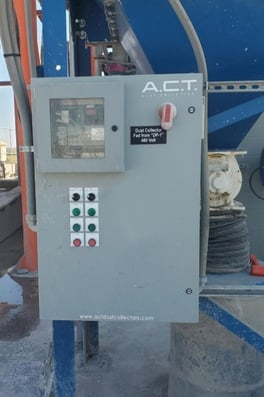 What do Dust Collectors, Control Panels, Industrial Fans and Filter Cartridges have in common? They all contribute to creating an efficient dust collector that can solve your dust collection needs.
What do Dust Collectors, Control Panels, Industrial Fans and Filter Cartridges have in common? They all contribute to creating an efficient dust collector that can solve your dust collection needs.
There are many different types of dust collector controls, but the most efficient is an accurately programmed VFD Control panel.
VFD's ensure that a dust collector operates as efficiently as possible, and in this blog, we’ll discuss why they’re the smart choice for every dust collection application.
What Are VFD's?
VFD's are electrical devices that control the frequency of the power being supplied to another electrical device.
Regulating the frequency of the incoming power is an effective way to change the fan motor speed since their relationship is directly proportional. For example, a VFD can change a motor that runs at 3,600 revolutions per minute (RPM) at 60 hertz (Hz) to run at 1,800 RPM at 30 Hz.
The fan draws only the amount of power required for the set speed. For instance, a fan that runs 25 percent slower than 100 percent would use 42 percent of the power that would be required for full speed. The same fan running 50 percent slower would use 12 percent of the full speed power.
Benefits of Using VFD's in Dust Collectors
When used in dust collectors, VFD's provide many more benefits than basic motor starters, including the following:
VFD's Allow You to Soft-Start a System
Upon start-up of a dust collector fan the initial amp draw can be as much as 7 to 10 times the full load motor amps. Utilities will intermittently monitor your power consumption and if they happen to be doing that while you are starting higher horsepower motors they will see high demand for power which can determine how much you pay for the power. A VFD will ramp the motor up to speed gradually so you don’t experience the high amp draw on start-up. It also gives you the option to reduce motor speed if total design cfm is not required at all times.
WHY THIS MATTERS: Electrical costs will be reduced due to the lower amp draw at startup, as well as the ability to reduce the speed of the fan according to filter conditions and changes in process or cubic feet per minute (CFM) requirements.
VFD's Take the Human Interaction Out of Fan Adjustment
With the addition of a pressure transmitter, VFD's automatically manipulate the frequency and power consumption supplied to the fan motor, routine human interaction is no longer required. The VFD, equipped with an airflow or static pressure sensor, will automatically sense changes in airflow and pressure drop, and will adjust the fan speed to return the system to optimal airflow.
New filters = the drive decreases fan speed to obtain the desired airflow
Dust-filled filters = the drive speeds up the fan to keep the airflow consistent
Without VFD's, you have to manually open or close dampers, creating high manual labor costs. Additionally, if there are multiple dampers on the system, tampering with the opening and closing of any one damper can cause the airflow balance to be off and can increase the static pressure of the system.
WHY THIS MATTERS: The automatic speed adjustment decreases the amount of labor needed to maintain the dust collector since no one has to change an outlet damper routinely. The VFD also ensures the dust collection system is regularly operating at the ideal air-to-cloth ratio.
Make Your Dust Collector More Efficient
VFD's have been proven to save energy over the life of the filters. The additional capital cost savings made possible by installing a VFD on a dust collection system will vary with different applications. However, the ROI is typically achieved within less than a year.
A.C.T. Dust Collectors offers solutions for all dust collection needs and will assist with making sure your dust collection system operates efficiently. Our industrial dust collector parts are tested, approved and can improve performance and extend the life of your system.
For more information on variable frequency drives or to discuss your specific dust collection needs, please contact us.


























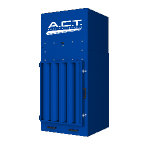
%20Collectors%20Image.png?width=143&height=143&name=ADC%20(Ambient)%20Collectors%20Image.png)
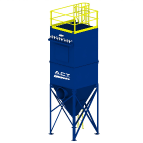

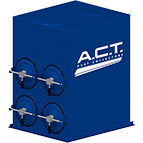
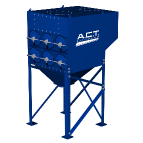
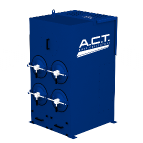


















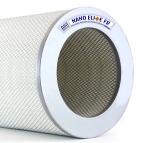


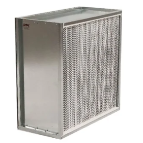

.png?width=240&height=91&name=ACT%20Dust%20Collectors%20Logo%20Solid%20White%202020%20(1).png)
.png?width=148&height=149&name=usa-manufactured-dust-collectors%20(1).png)